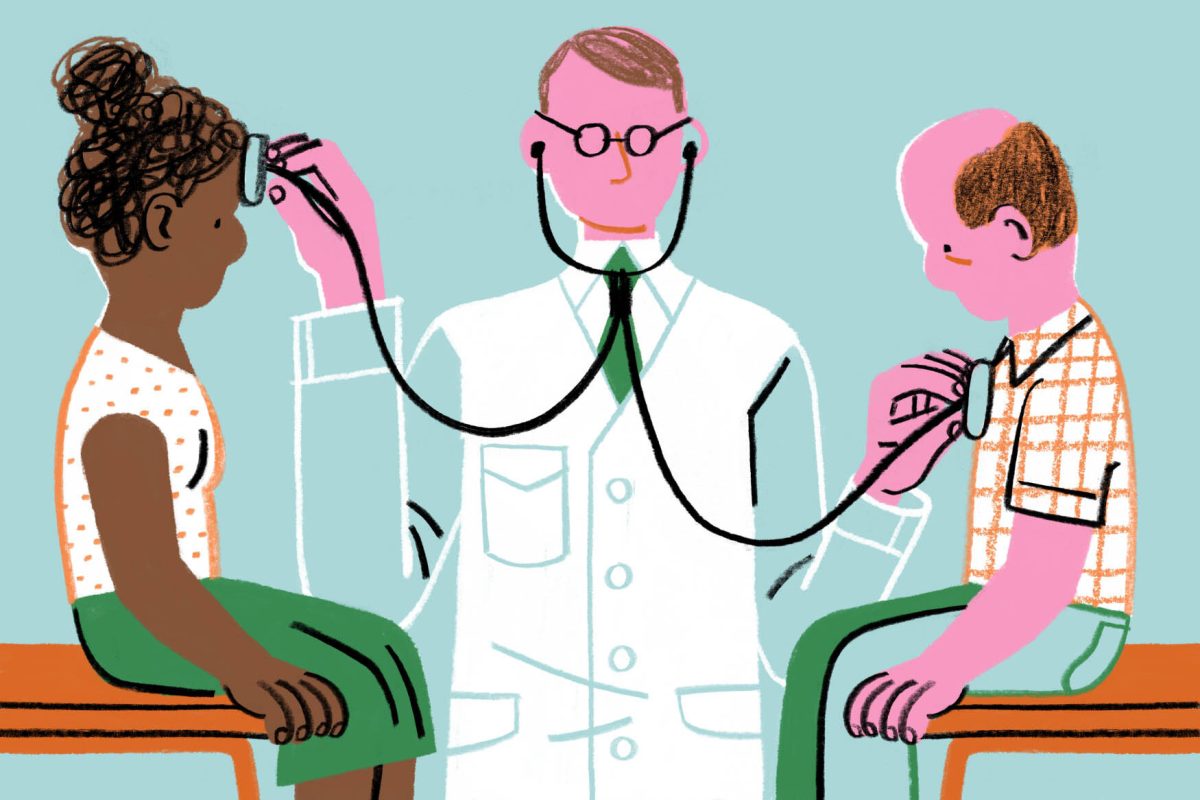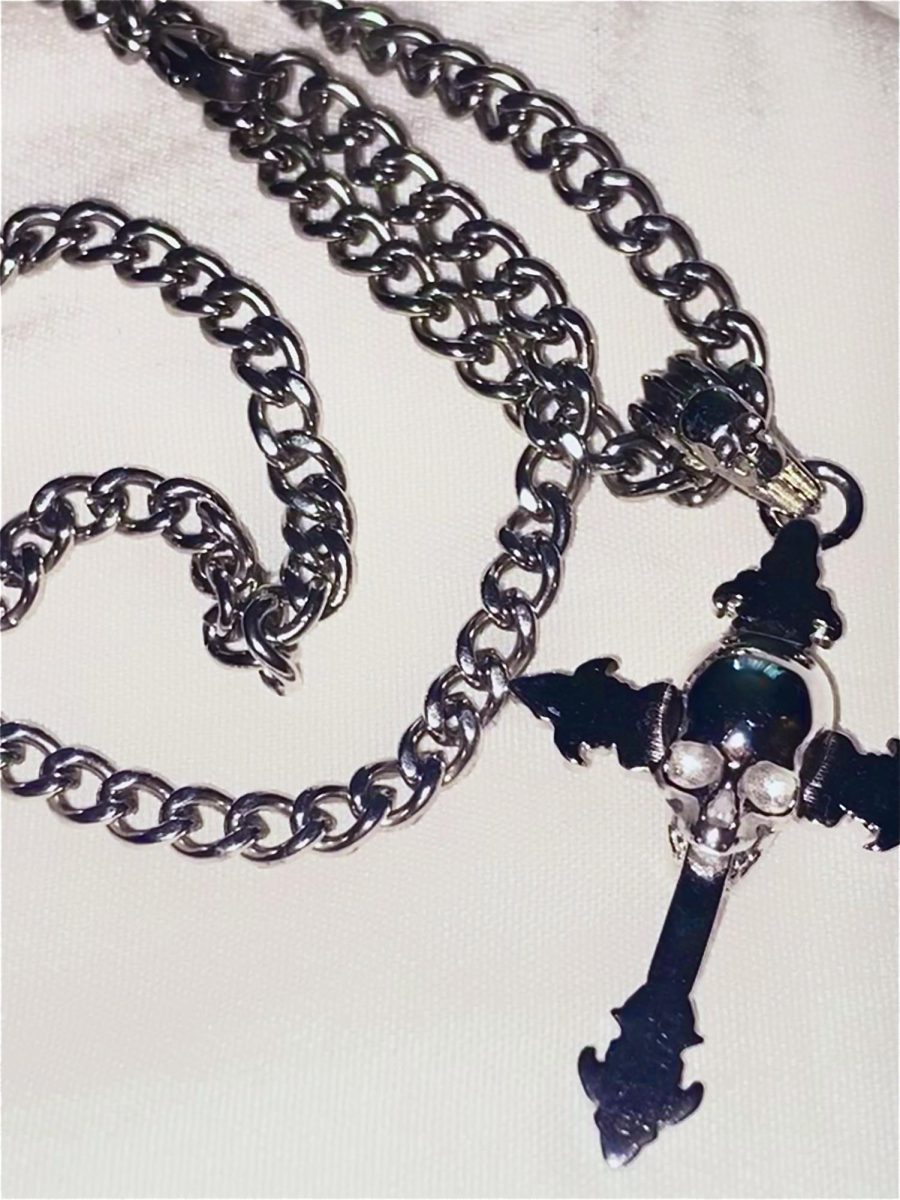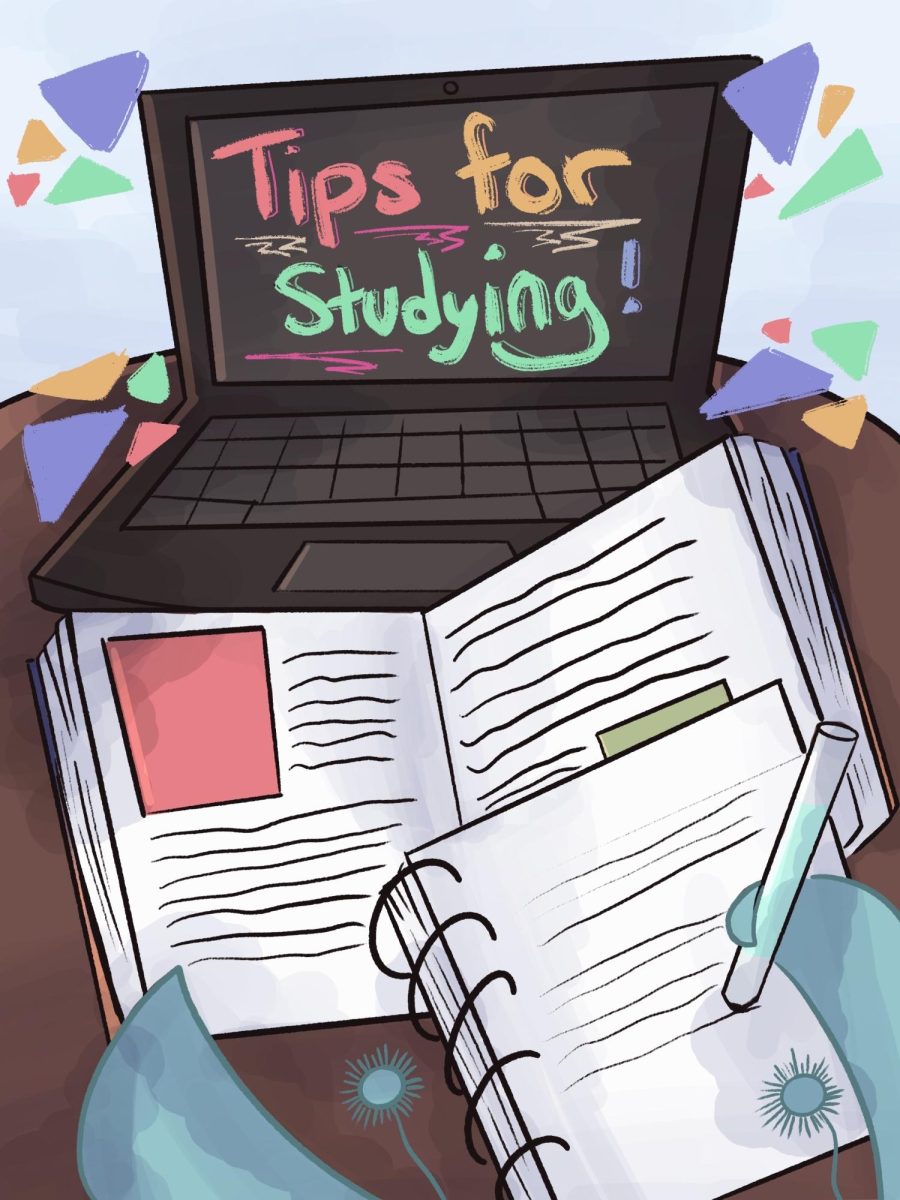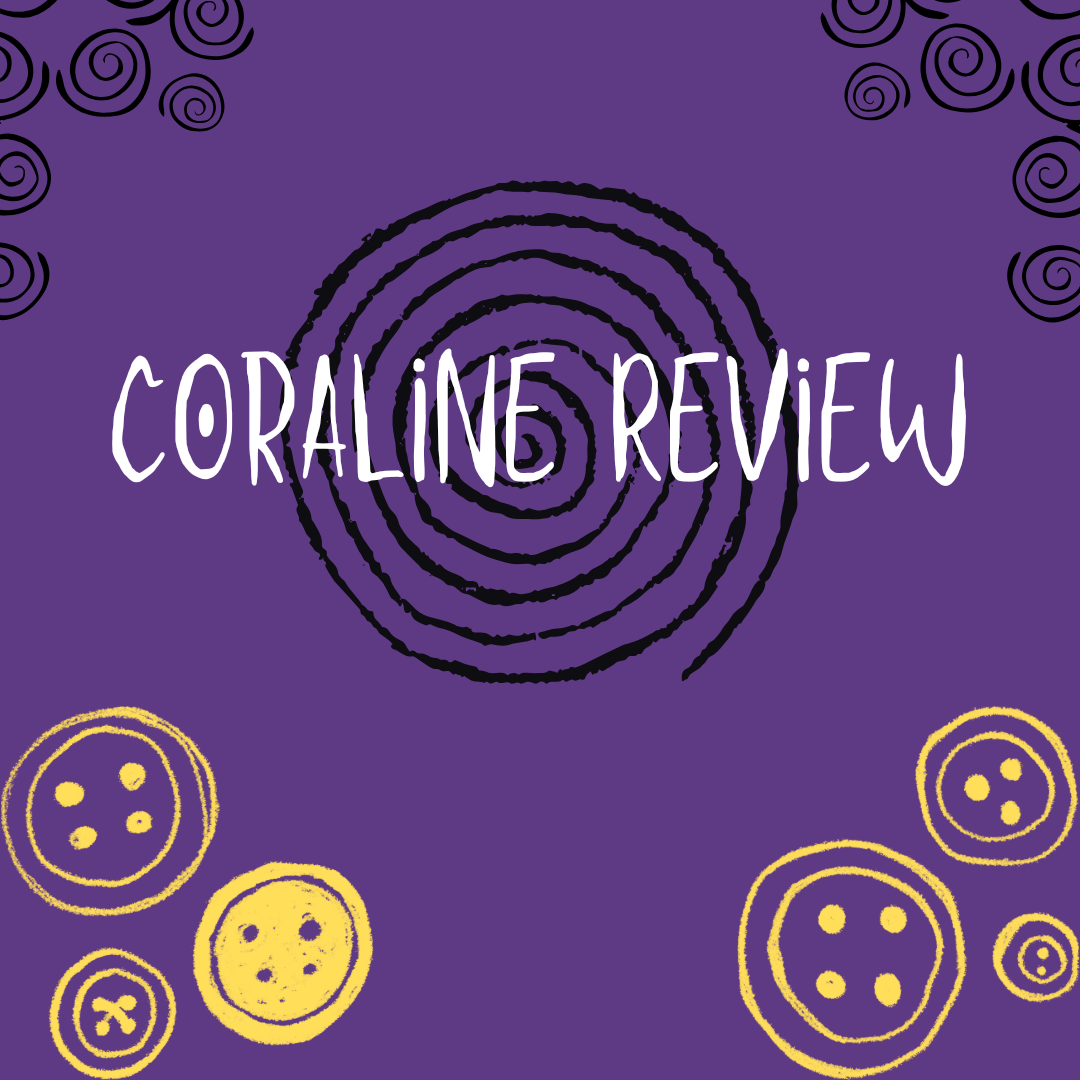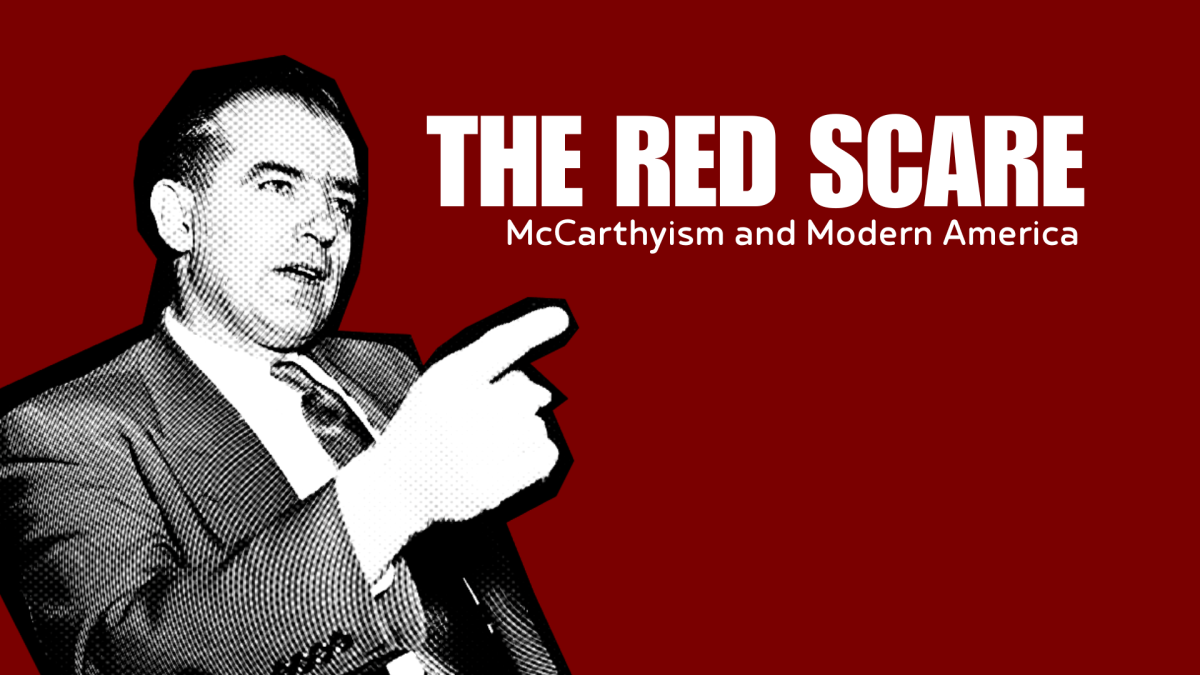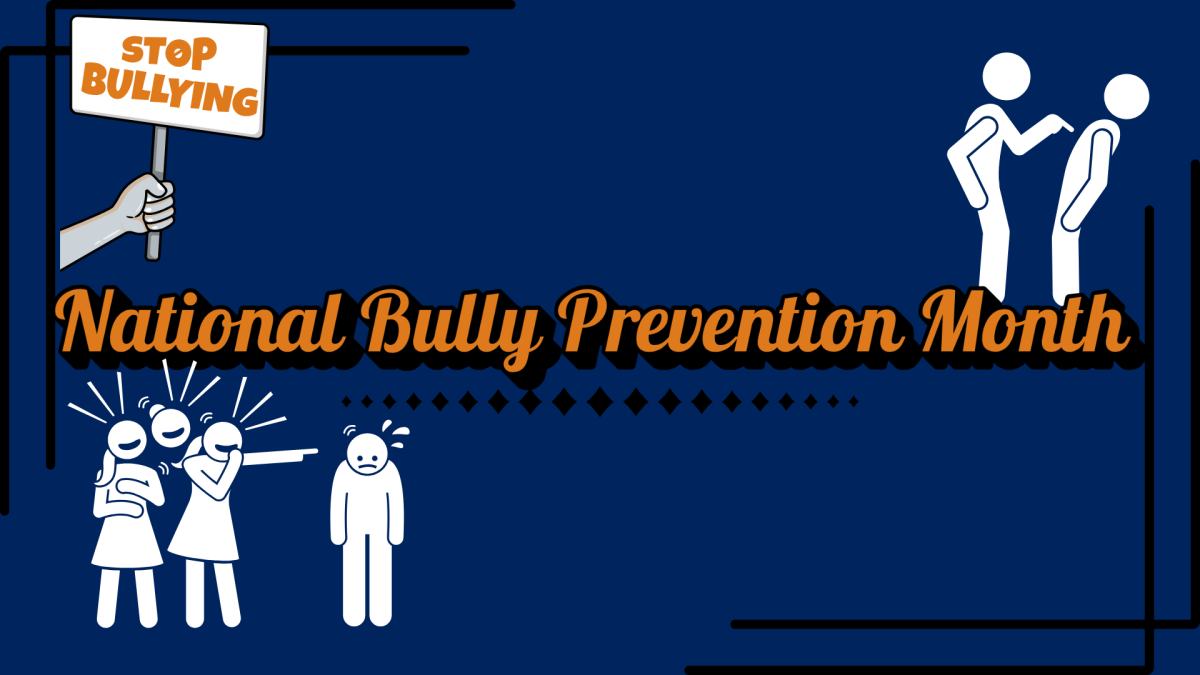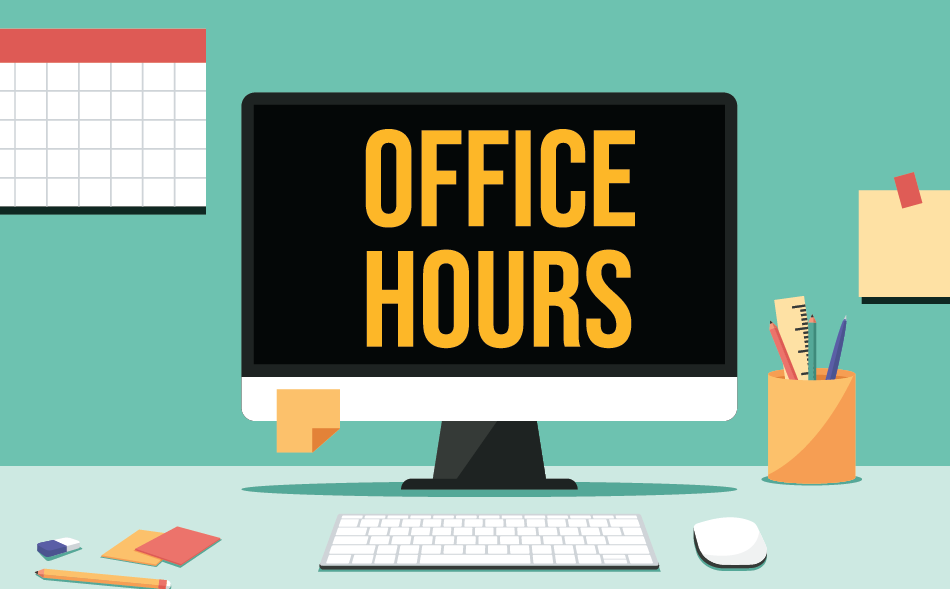CW: Talk of medical neglect, sexism, and a diagram of an ovarian cyst.
As many people who were born female know, the medical field can be pretty oppressive and dismissive of women’s health and well-being. Of course, there are doctors out there who will listen and care for their patients regardless of what they look like or identify as, but many female patients find their pain and health issues are brushed off by doctors. Women of color experience this most, especially black women.
According to “Medical Gaslighting of Women Is Real and So Is Its Toll” by Marya L. Shegog of DC Journal, seventy-two percent of women said they’ve experienced medical gaslighting, and seventeen percent said they feel as if they have to “prove” their symptoms to be taken seriously by doctors. Alongside this, the article also reports that female patients’ symptoms are often attributed to stress, hormones, or depression, instead of finding the cause of female patients’ symptoms.
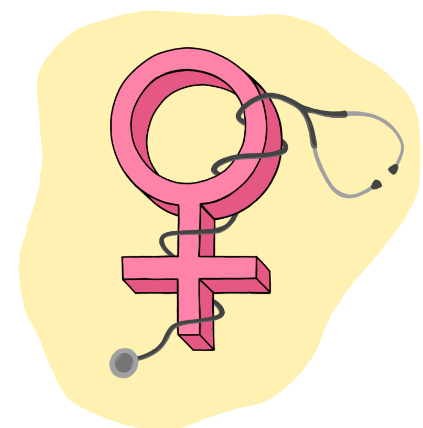
I’ve experienced it several times myself, and twice recently.
After 3 weeks of horrible and nauseating stomach pains, I visited an urgent care center to find out what was wrong with my body. Of course, I expected to be told to go to the emergency room since urgent care can’t give patients ultrasounds to see what is happening inside my body, but I didn’t expect my nurse to be more knowledgeable and caring than my doctor.
My nurse told me that my pain was most likely appendicitis, an internal cyst, or diverticulitis, and also informed me that I should visit the ER if my pain worsened or if I felt like getting more tests just to make sure. However, my doctor tested my urine for a urinary tract infection (UTI) and once he saw it came back clean, he told me it was just gas and prescribed me ibuprofen (an over-the-counter pain reliever).
Of course, I didn’t trust him, especially considering he never even touched or looked at my stomach. A few days later, the pain came back, and worse. So I went to the ER, where the doctor told me it could be my period coming earlier than it normally does. Knowing my body and how I feel right before my period starts, I pushed to speak up for myself and my pain. After hours and hours of waiting and testing my results came back: I had a 4 cm (around 1.6 inch) cyst growing on my ovary, and now I have to visit a gynecologist’s office to get a proper ultrasound (and potentially surgery).
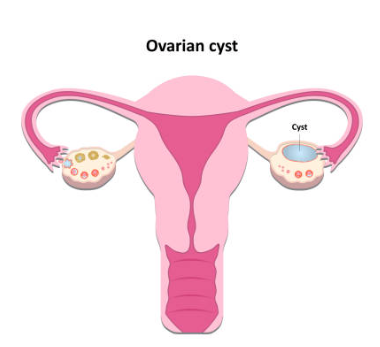
I’m extremely grateful I advocated for my body and my pain instead of accepting a phony diagnosis, especially considering my cyst is quite big and only 1-2 cm away from needing to get surgically removed. Also considering that my cyst is large enough to twist my ovary, which can cause the ovarian tissue to die and the ovary to have to be removed, which can cause issues like not being able to have kids and even death. If I didn’t know I had my cyst and didn’t stand up for myself, I could’ve died from it suddenly rupturing if it ended up getting infected or the liquid getting into my bloodstream.
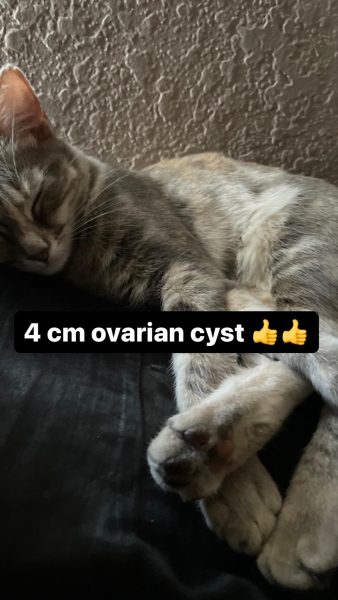
Medical gaslighting and neglect are extremely common, and women will always face this more than men, especially coming from male doctors. Typically, male doctors will use female patients’ cycles and hormonal changes as scapegoats (something used to blame something on someone (or something) else) and say that is what is causing their pain, physically and emotionally.
When prompted with the question “Have you ever been disregarded by doctors for something that ended up being serious?”, my mother Megan Hickey replied, “I’ve had doctors tell me my period pain was normal and common, later on in my life I was diagnosed with endo(metriosis). Turns out, my pain was never normal.”
My grandmother, and Eleanor Roosevelt High School security guard, Janet Griffen, answered the question with “I don’t think that’s ever happened to me personally, but I’ve seen and heard about it happening to other girls and women. It even happened to my daughters.”
Although not every AFAB or feminine presenting person has experienced this, it is still way more common than it should be. Medical negligence, regardless of sex or gender, is a huge issue that sadly isn’t rare, but the fact it happens more to female patients poses a huge problem in our society and our medical industry. Whether it be from lack of education on female health and bodies, or just plain misogyny, medical professionals need to do better at listening to, and helping, female or female-presenting patients, especially if they’re people of color.
Please remember: you know your body better than anybody, don’t accept things that you know feel off just because it’s coming from someone you should trust, they could very well be wrong.
And people with mothers, daughters, friends, and female family members, please don’t disregard their pain, or tell them to wait for the pain to stop. If they want to get more testing and more professional insight, just support them, and be their ears when no one else will. You could save their lives.

